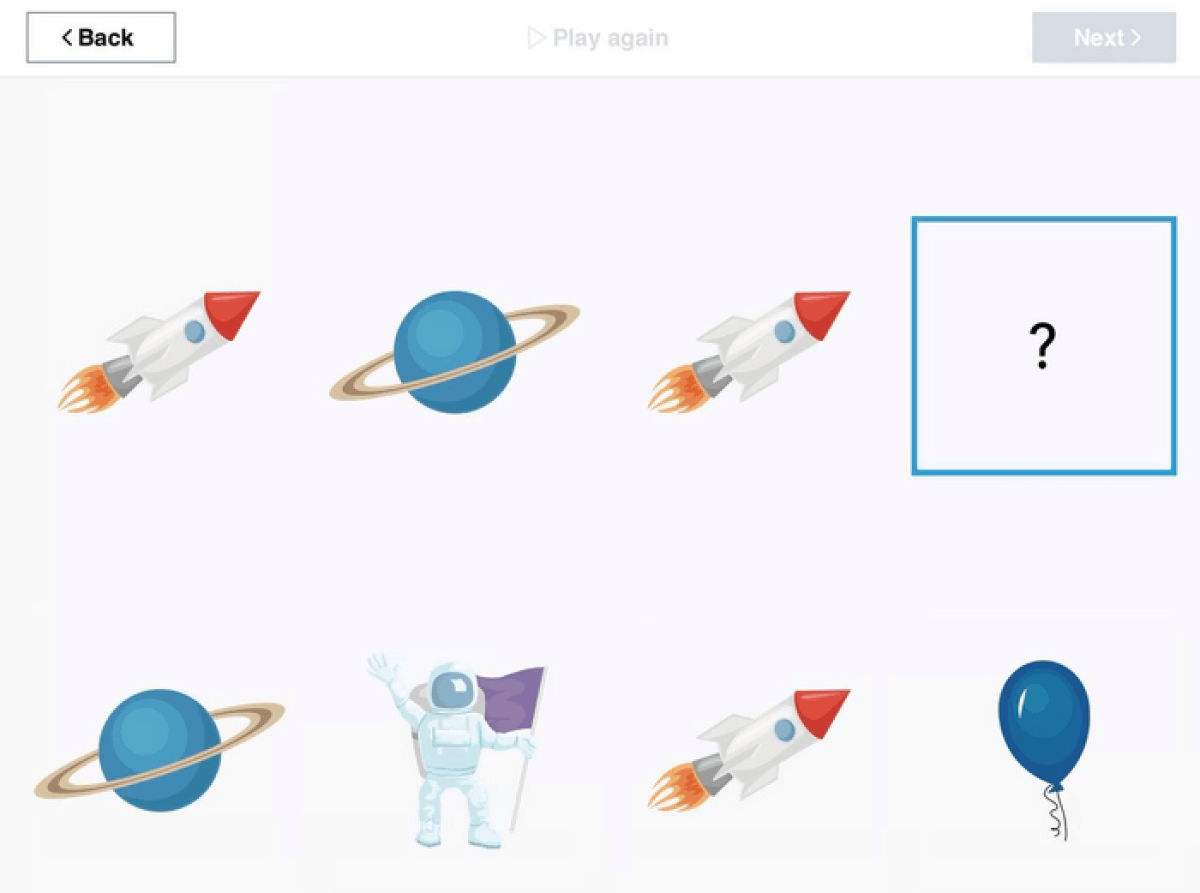EVANSTON, Ill. — It can be annoying to undergo long medical testing. In fact, the thought of doing it is a big reason people don’t try to find answers to their health problems. Northwestern Medicine researchers have come up with a solution, developing an iPad app that can test for several problems — including dementia — in under five minutes. Overall, the app uses more than 50 tests, spanning cognition, motor, sensation, and emotional exams, to find the red flags for a wide range of diseases.
“The problem in clinical care today is nobody has time for long tests for everything; we need very brief tests,” says study leader Richard Gershon, vice chair for research in the department of medical social sciences at Northwestern University Feinberg School of Medicine.
The NIH Toolbox V3 iPad App is out now in the Apple Store, and helps clinicians on a time crunch to quickly and effectively assess an array of patients. From the young kids who need screening for special needs accommodation just before school starts, to the older adults who are concerned about their cognitive health.
“Parts of the Toolbox are already being used at Northwestern to detect dementia,” explains NIH Toolbox product manager Julie Hook, a research associate professor of medical social sciences at Feinberg, in a university release. “Northwestern researchers are also working to develop a self-administered version of these tests that can be taken in the waiting room right before their visit and with the results sent straight into their electronic health record.”

The app can also find brain-related symptoms of COVID
Testing cognitive, motor, sensory, and emotional functions would normally take hours to do, but now things are a whole lot easier. For example, COVID-19 patients with brain fog can now take several brief tests to determine which of these areas could be the target for improving their cognition. Additionally, people who have lost their sense of smell can take the app’s olfactory test in order to possibly catch Parkinson’s disease in its early stages.
The Toolbox was originally a website that was developed in 2012 for researchers to efficiently collect standardized data and improve study enrollment. Psychologists and physician-scientists raved about the app so much that they started to ask when it would be available for clinical use. It wasn’t until 2015 that it expanded to be an iPad app, and this V3 version has made it possible for it to be used clinically. The earlier version, V2, has been used by 3,000 researchers around the world, and has been validated in 300 separate validation studies. Several scientists from Northwestern University have even been using the Toolbox to assess those with long COVID.
“The NIH Toolbox cognitive tests are extremely useful for testing the cognitive function of our Neuro-COVID-19 clinic patients complaining of ‘brain fog,’” says Dr. Igor Koralnik, chief of neuro-infectious disease and global neurology at Feinberg. “The results are adjusted according to age, education and other demographics, allowing us to tell our patients immediately of their performance, and if they may benefit from cognitive rehabilitation.”
You might also be interested in:
- A simple memory test could predict dementia 10 years before symptoms appear
- App could soon provide at-home test for brain diseases via ‘eye selfies’
- Artificial intelligence can predict who will develop Alzheimer’s disease 2 years later
The app is also able to reach a diverse audience. Not only is the app available in English and Spanish, but Hebrew and Arabic versions are already in the works to be up and running this year. Further, there are several Toolbox studies being conducted in Africa in order to reach Swahili, Dholuo, and Twi audiences. In the United States, the app is representative of the U.S. population and even has high-contrast type to accommodate those that are visually impaired.
This high level of streamlining benefits busy clinicians as well as patients who just want to get tests done.
“We zero in on that person’s individual level of functioning and don’t waste their time asking questions far above or below their ability,” says Gershon.

